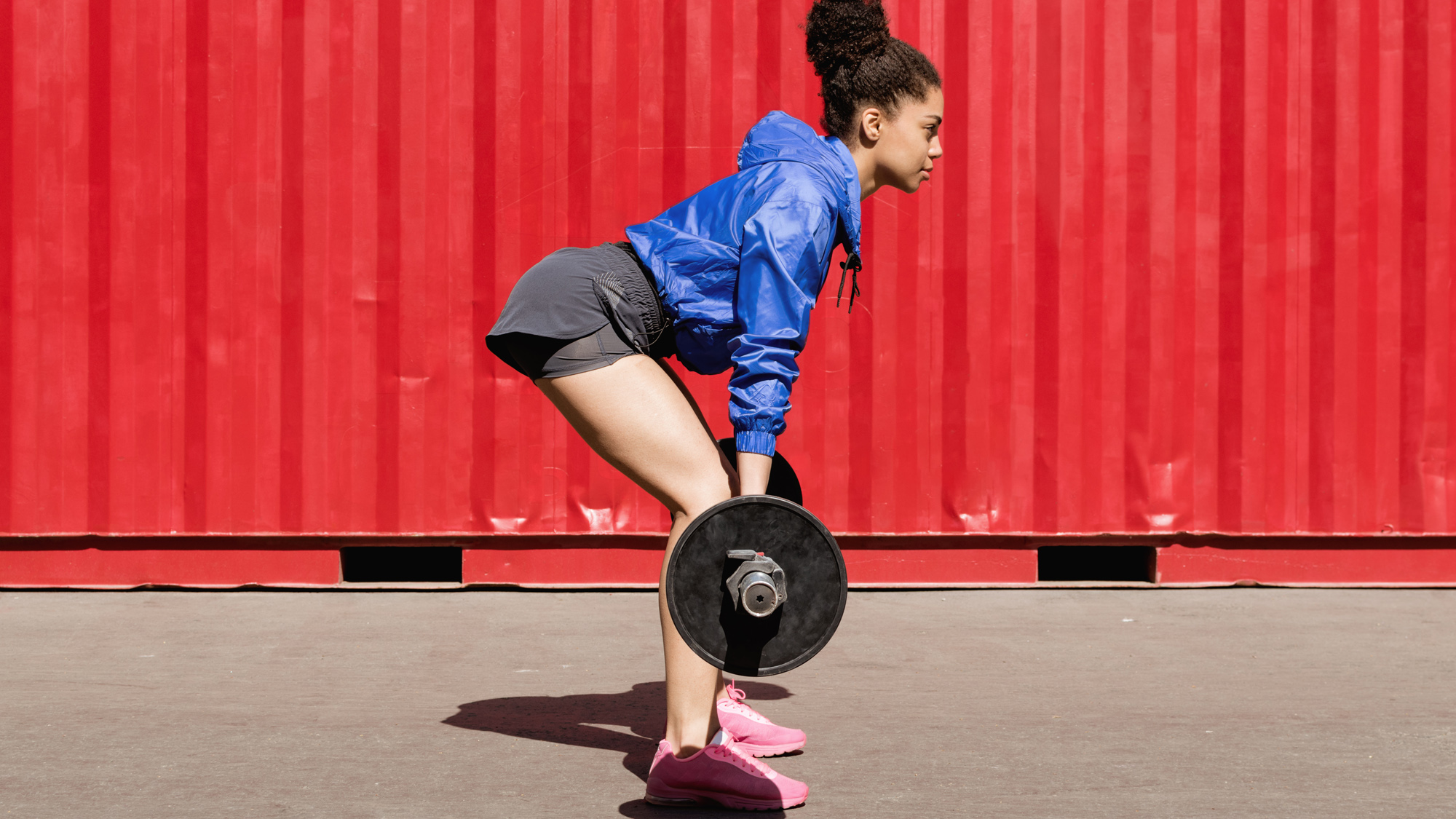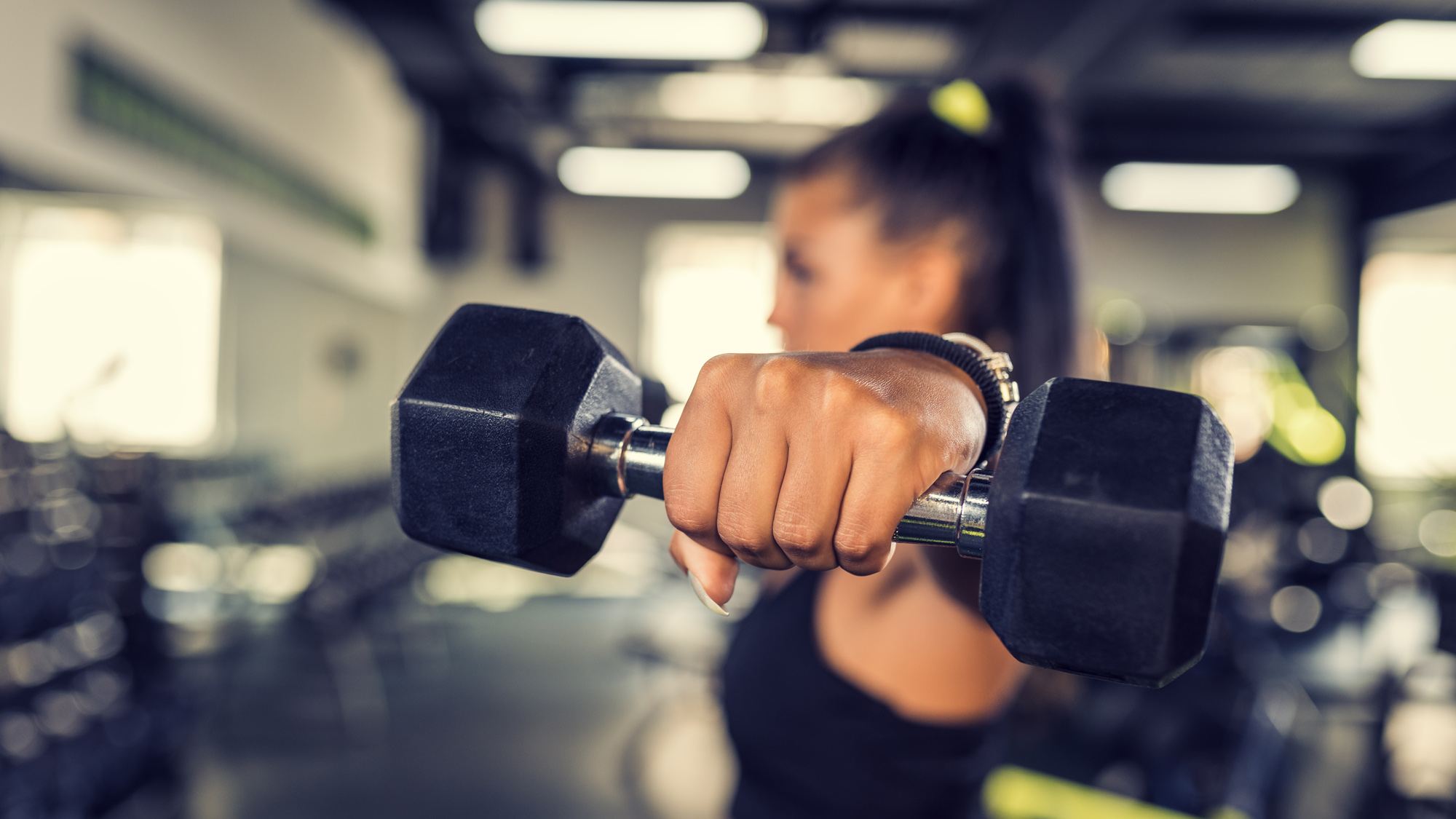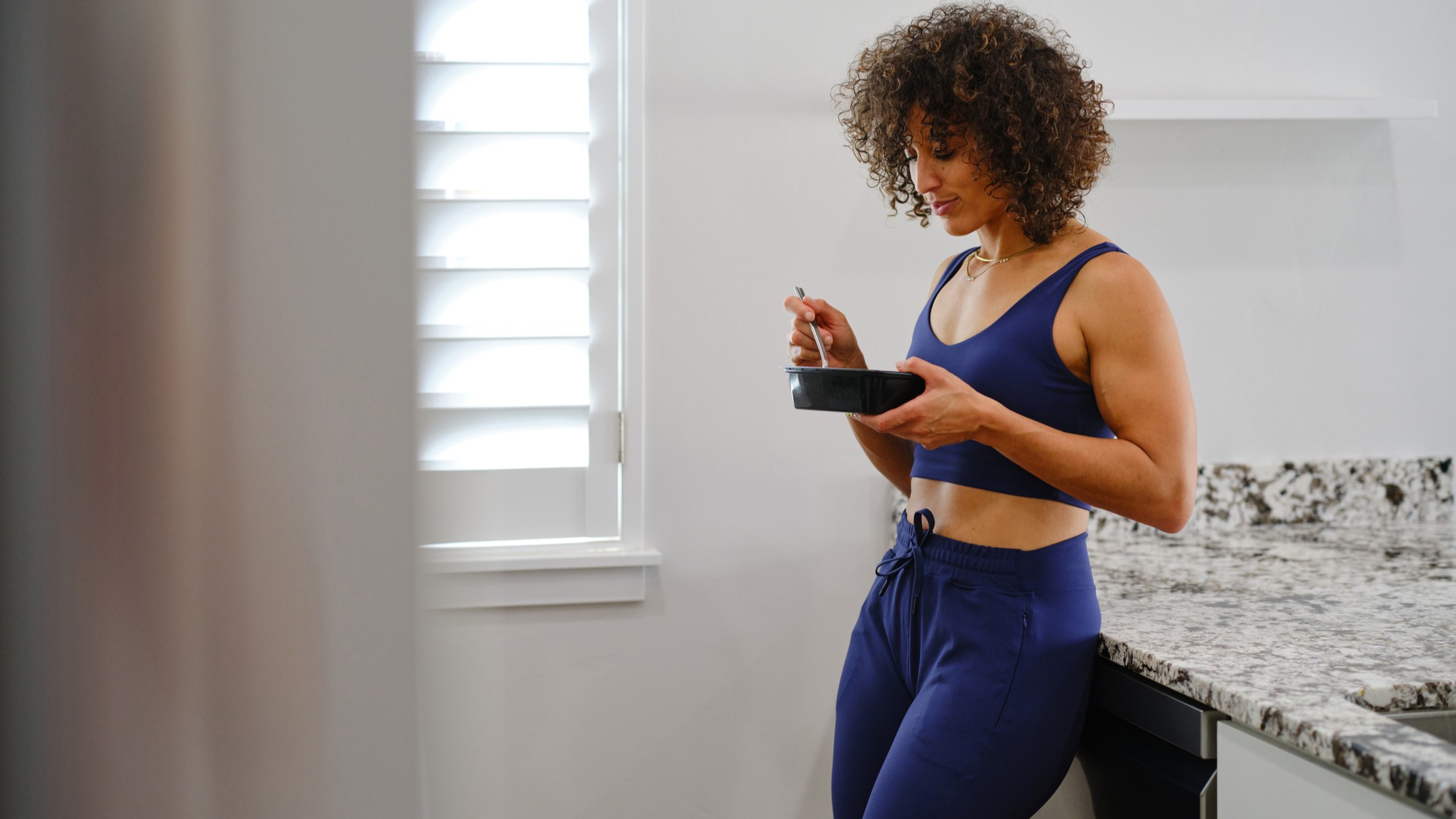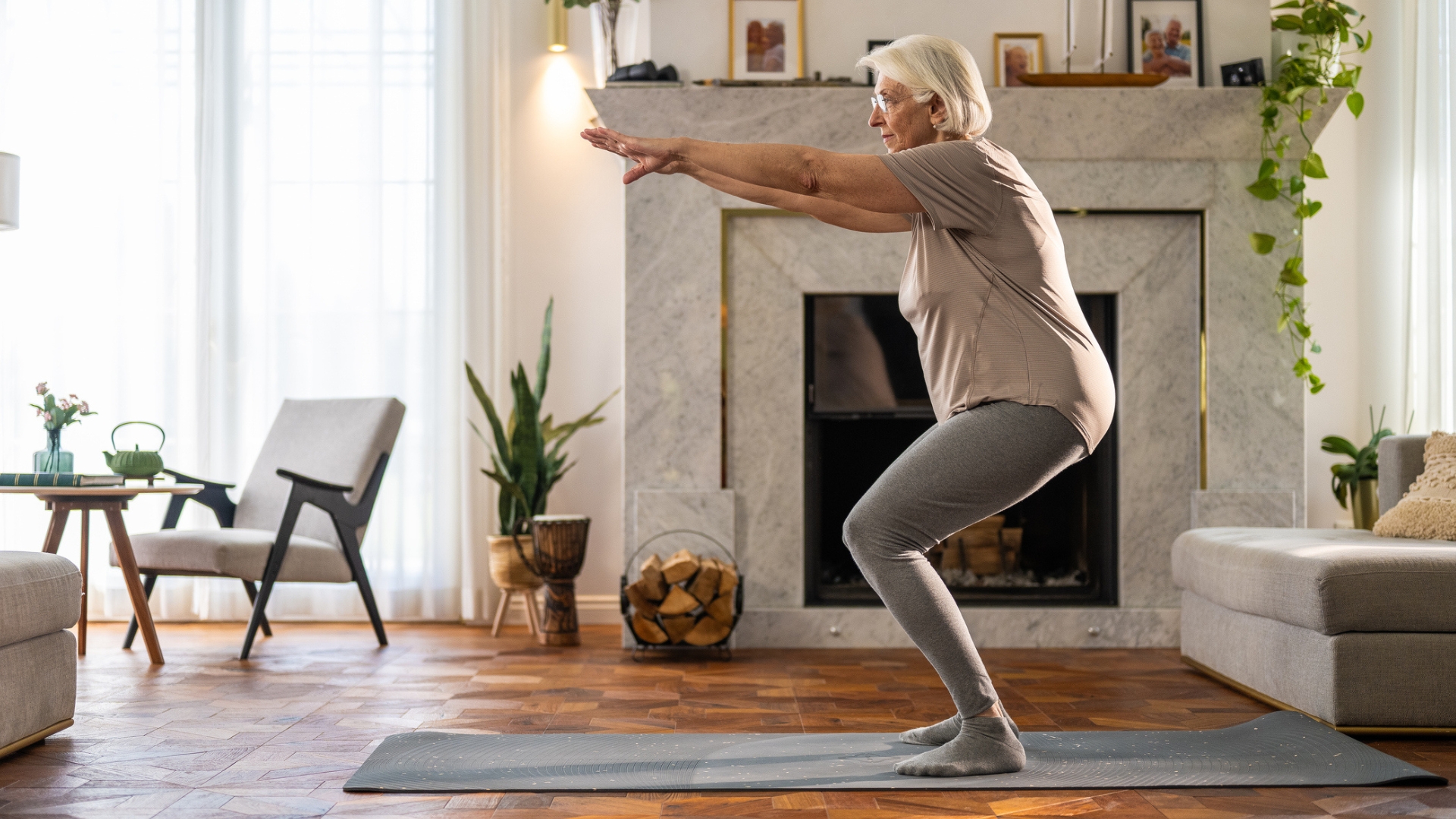Longer rests between sets could actually build muscle faster, study finds
Researchers found increasing your rest after each set can aid your muscle-building efforts


We're told to incorporate rest days into our training routine for a good reason. You don't have to stop all physical activity when you take downtime, but it's a chance for your muscles to recover from your workout.
Over the past year, most of us started working out at home with a set of the best adjustable dumbbells. However, during the course of your routine, you've probably taken a short break between sets to help your muscles stop burning. Our rests last around 30-60 seconds for many of us while we regain our composure for the next set.
However, a more extended three-minute break might be the key to building muscle faster. That's the conclusion of a study published in the Journal of Strength and Conditioning Research, which compared muscle size and strength in 21 participants over an eight-week period.
Those involved were split into two groups on the same resistance training program but with different rest intervals between sets. One group was allocated a shorter one minute of rest. The remaining participants had a three-minute rest interval.

Across the trial period, there were three workouts of seven exercises, with three sets per move, each week. The researchers wanted to assess upper and lower body muscle, so the routine included weighted leg-focused exercises like a barbell back squat, leg press, and leg extension.
To target the upper body, the program comprised a wide-grip lateral pulldown, seated cable row, flat barbell press, and a seated barbell military press. By the end of the study, the group taking a three-minute inter-set rest period had greater strength and increased thigh and tricep muscle thickness than the one-minute rest participants.
When discussing the results, the authors suggested that the explanation could be that "longer rest periods can allow for the completion of a higher number of repetitions." In combination with more reps, they continued that the longer rest contributes to "a higher training intensity and volume, and [may] allow for greater muscle activation per set."
Get the Fit&Well Newsletter
Start your week with achievable workout ideas, health tips and wellbeing advice in your inbox.
Although it was a small study, the results could have a sizeable impact on your muscle-building efforts. The researchers found notable increases, despite only looking at an eight-week period.
While taking a break is essential, so is your form throughout the exercise. After all, if you aren't working the muscle optimally, you won't see improvements, no matter how long you rest.
Before starting your next resistance training workout, it's worth casting an eye over how to lift weights so you can build muscle effectively and exercise without running the risk of injury.

James is a London-based journalist and Fitness Editor at Fit&Well. He has over five years experience in fitness tech, including time spent as the Buyer’s Guide Editor and Staff Writer at technology publication MakeUseOf. In 2014 he was diagnosed with a chronic health condition, which spurred his interest in health, fitness, and lifestyle management.
In the years since, he has become a devoted meditator, experimented with workout styles and exercises, and used various gadgets to monitor his health. In recent times, James has been absorbed by the intersection between mental health, fitness, sustainability, and environmentalism. When not concerning himself with health and technology, James can be found excitedly checking out each week’s New Music Friday releases.
-
 Put down the protein shake—this high-protein chicken and rice recipe is a better way to refuel after a workout
Put down the protein shake—this high-protein chicken and rice recipe is a better way to refuel after a workoutAnd it only takes 10 minutes to make
By Lou Mudge
-
 The three Pilates exercises every beginner should start with, according to an expert instructor
The three Pilates exercises every beginner should start with, according to an expert instructorA sequence that will take you no more than 10 minutes
By Alice Porter